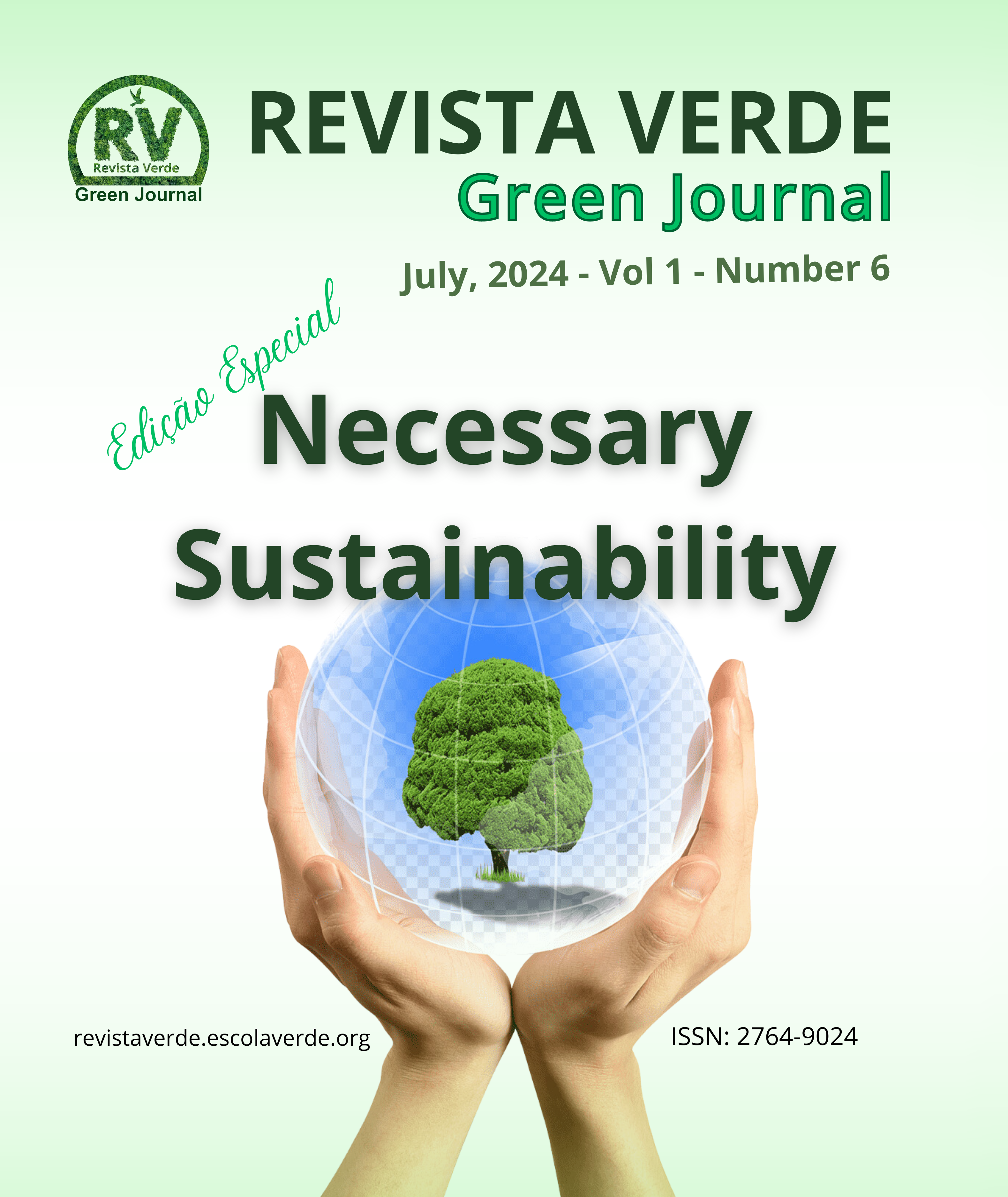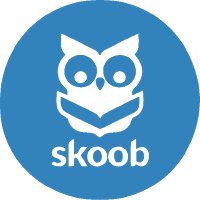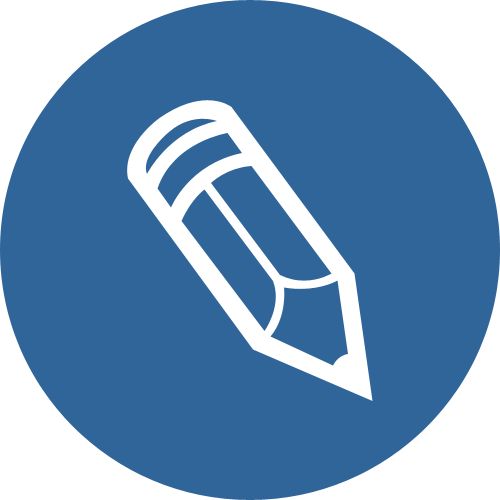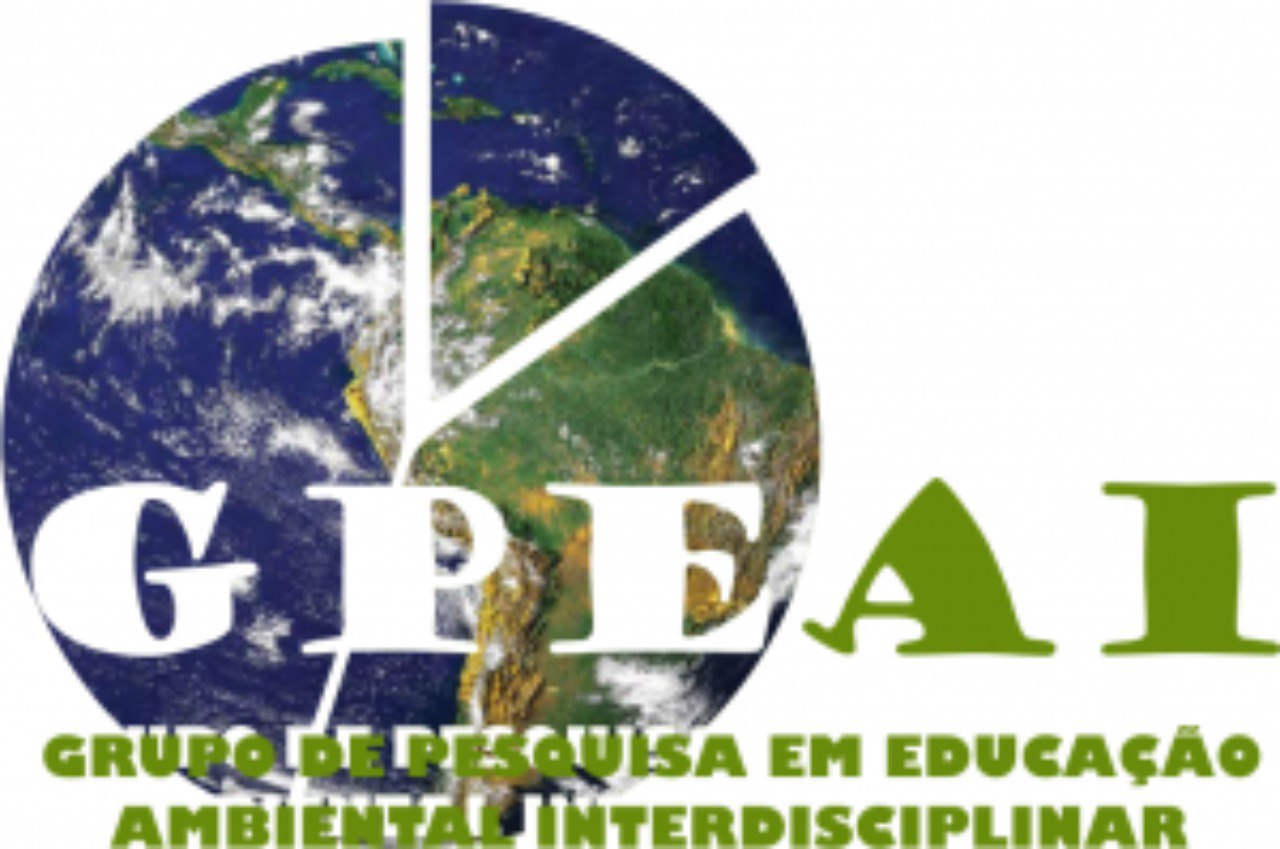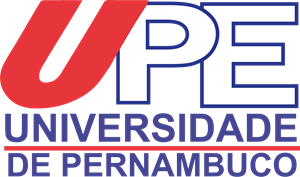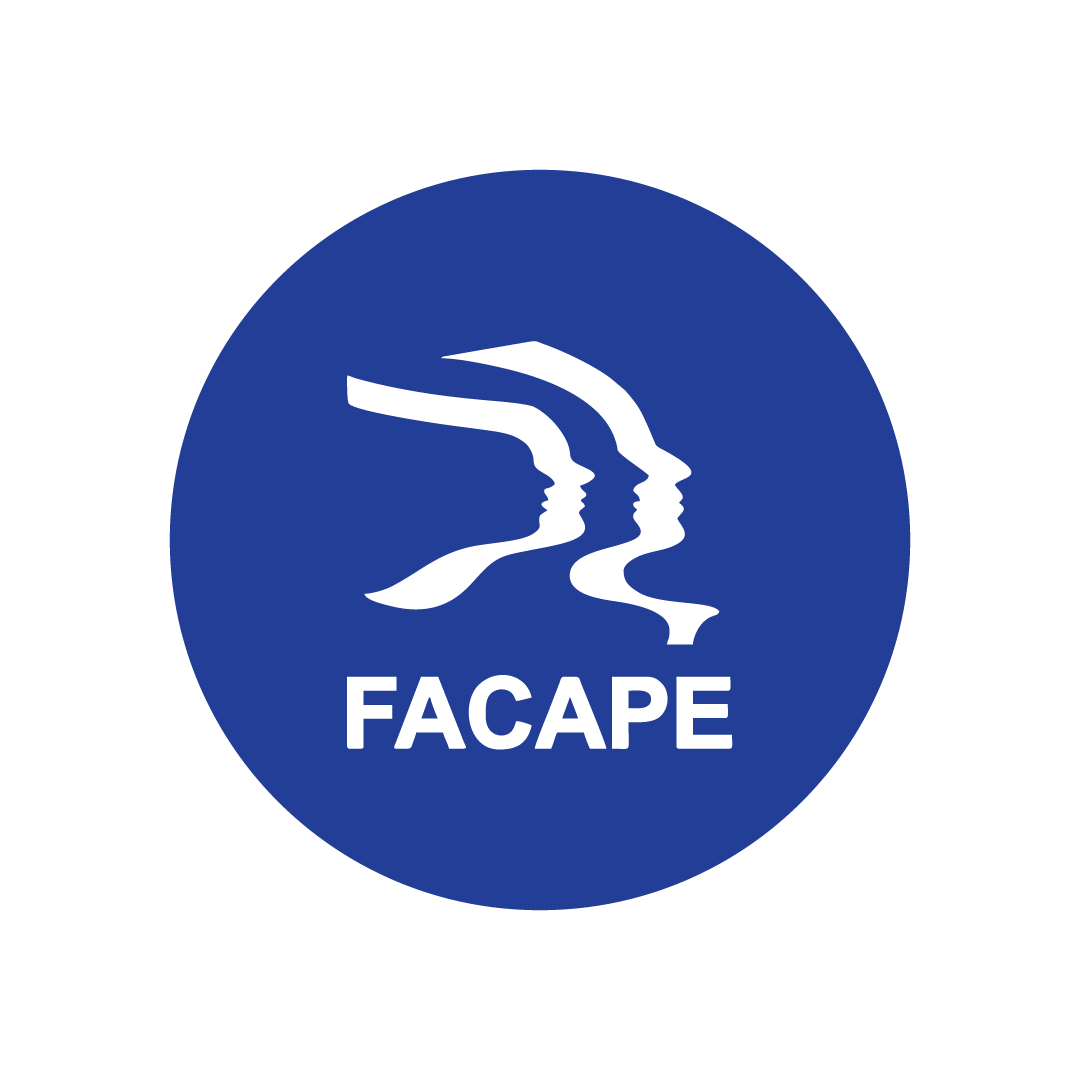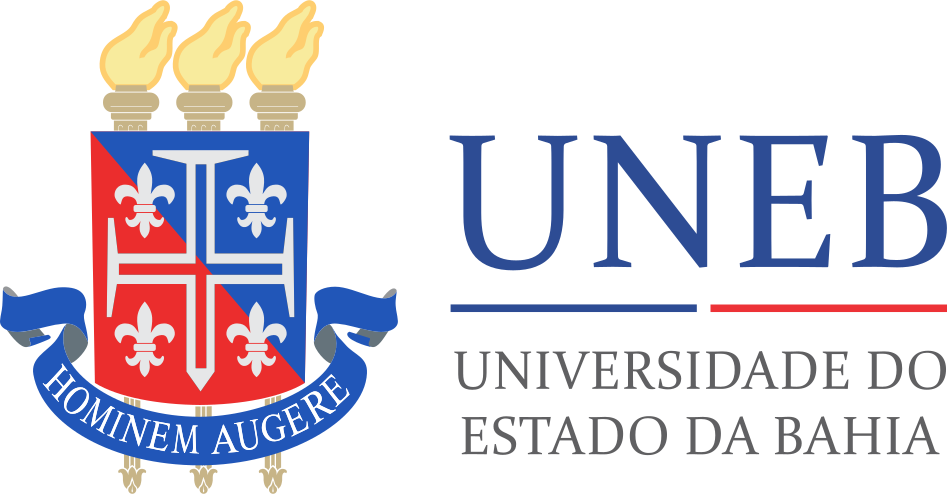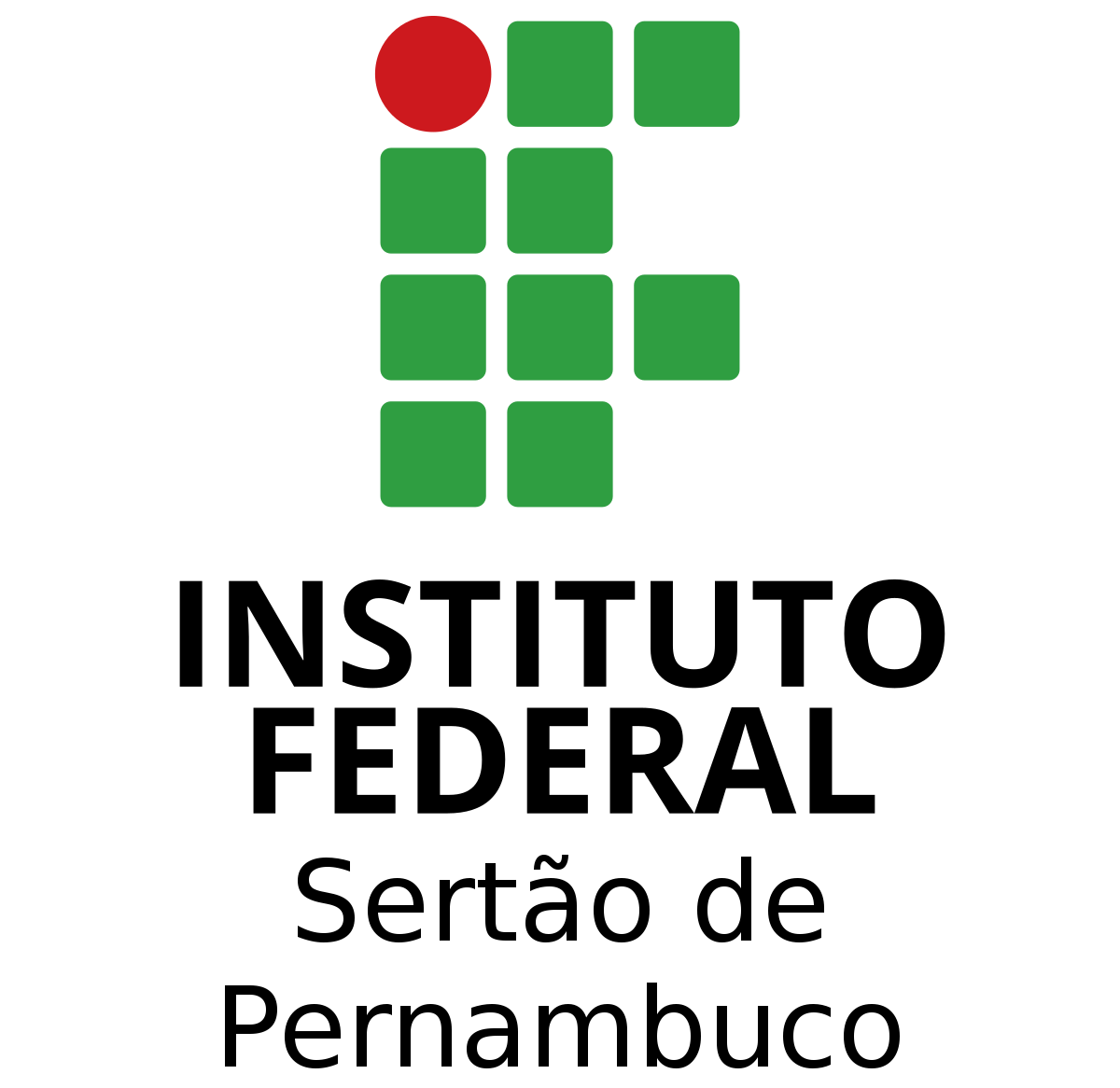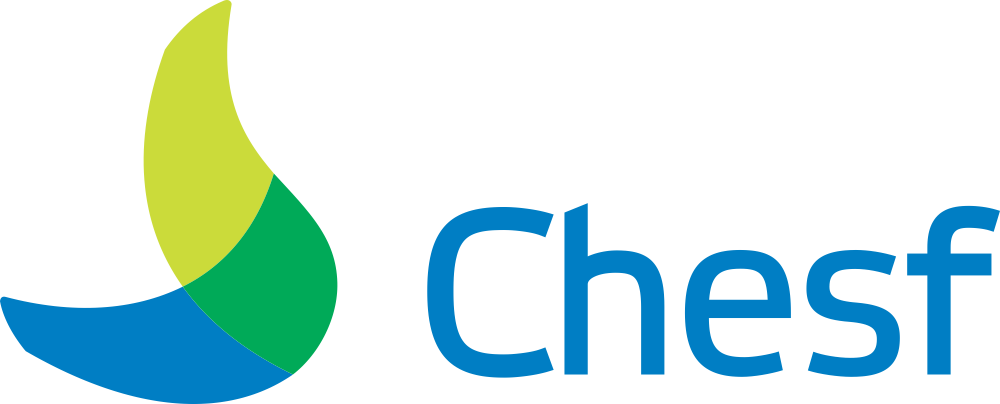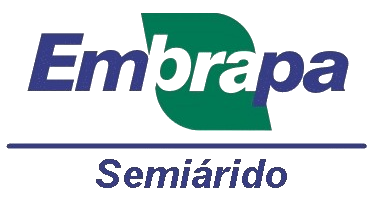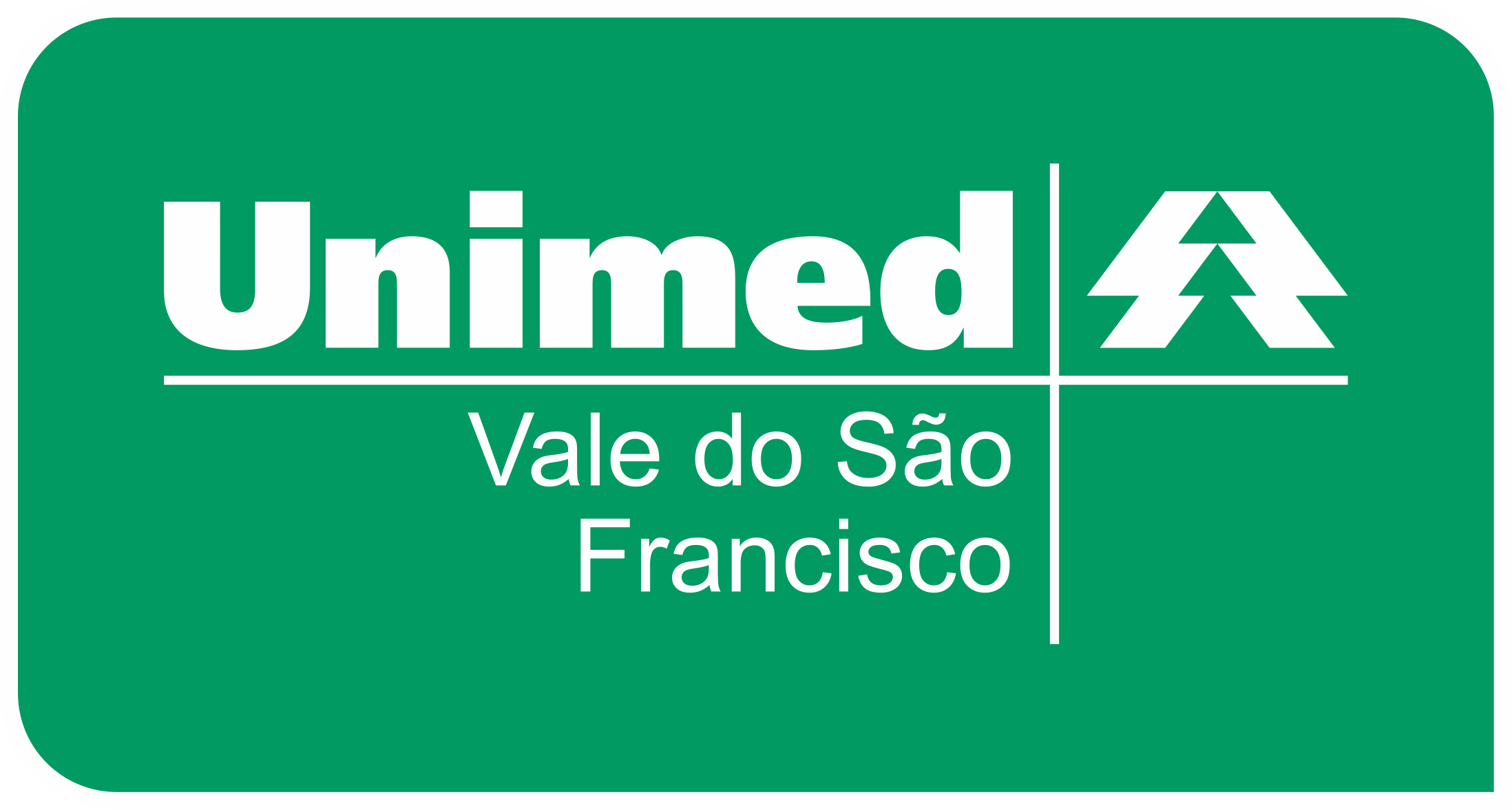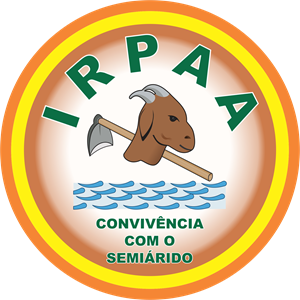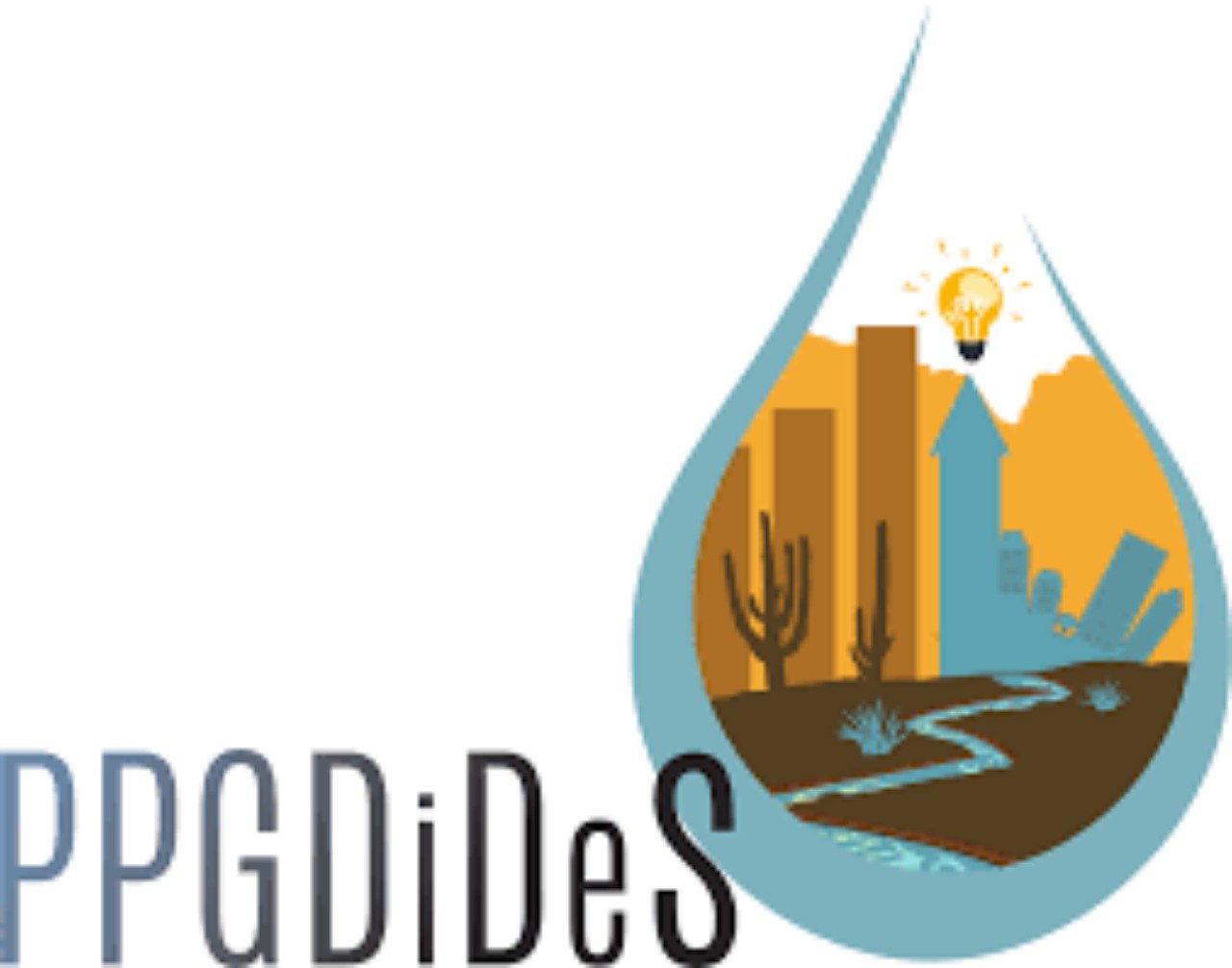IGARAPÉ TAUARI COMO ESPAÇO NÃO FORMAL DE ENSINO
SEQUÊNCIA DIDÁTICA SOBRE EDUCAÇÃO AMBIENTAL E RESÍDUOS SÓLIDOS NO 2º ANO DO ENSINO FUNDAMENTAL
DOI:
https://doi.org/10.5281/zenodo.12785589Palabras clave:
resíduos sólidos, Igarapé Tauari, ensino de ciências da natureza, ensino fundamentalResumen
O ensino de Ciências da Natureza nos anos iniciais do Ensino Fundamental (EF), é o espaço ideal para a utilização de espaços não-formais de ensino não institucionalizados. O igarapé Tauari, estudo in locus, localizado na cidade de Boa Vista/RR, cujo leito possui uma área de buritizal, uma mata verde que é utilizada como um espaço de depósito de Resíduos Sólidos, conteúdo a ser explorado nesta pesquisa. Como objetivo, verificou-se os conhecimentos prévios dos alunos sobre educação ambiental a partir dos Resíduos Sólidos com enfoque no espaço não formal igarapé Tauari. A pesquisa de natureza aplicada, com abordagem qualitativa, do tipo descritiva e baseada nos três momentos pedagógicos de Delizoicov, Angotti e Pernambuco (2018), permitiu observar os conhecimentos prévios dos alunos sobre Resíduos Sólidos e o espaço não formal Igarapé Tauari. Durante a organização do conhecimento, aos poucos os alunos, foram apresentando indícios que evidenciava conhecimentos que os tornavam capazes de identificar a problemática abordada, a partir das reflexões dialogada permeando para atitudes e ações mais assertiva e demonstrativa no decorrer da aplicação. A visita de campo ao igarapé Tauari, conduziu os alunos ao vislumbre, euforia afetiva, consolidando efetivamente o conhecimento no ensino e aprendizagem, ressignificando que é possível utilizar espaços não formais de ensino como potencializadores da Educação Ambiental. Enfatizando que este espaço não formal, possui uma pluralidade ecológica de temas a serem explorados. Por fim, na aplicação do conhecimento, os alunos foram capazes de aplicar na prática os saberes aprendidos sobre os aspectos ambientais, científicos e ecológicos. Conclui-se que houve consideravelmente avanços no ensino e aprendizagem dos alunos, demonstrando serem capazes de agir, pessoal e coletivamente, com respeito, autonomia, responsabilidade e flexibilidade.
Descargas
Descargas
Publicado
Número
Sección
Licencia
Derechos de autor 2024 Revista Verde

Esta obra está bajo una licencia internacional Creative Commons Atribución-NoComercial-SinDerivadas 4.0.

